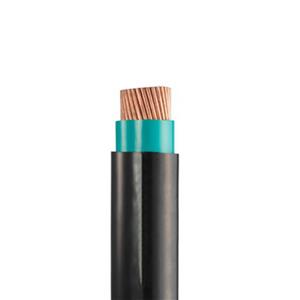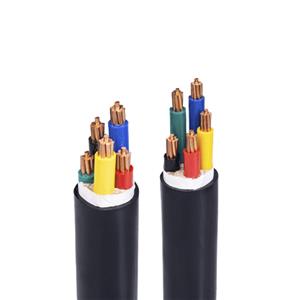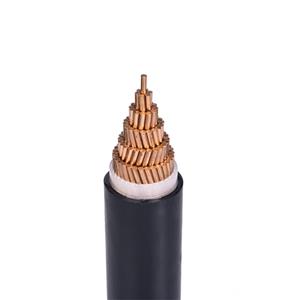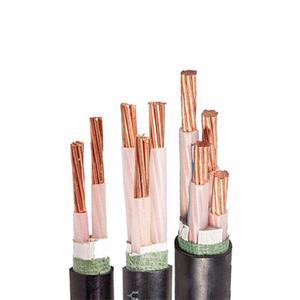What is the difference between KVVR and KVVP?
Control cables play a crucial role in modern industry, mainly used for transmitting signals and electricity to help control the operation of various equipment and systems. Among numerous control cables, KVVR and KVVP cables are two common types. Although they look very similar, there are actually some important differences.
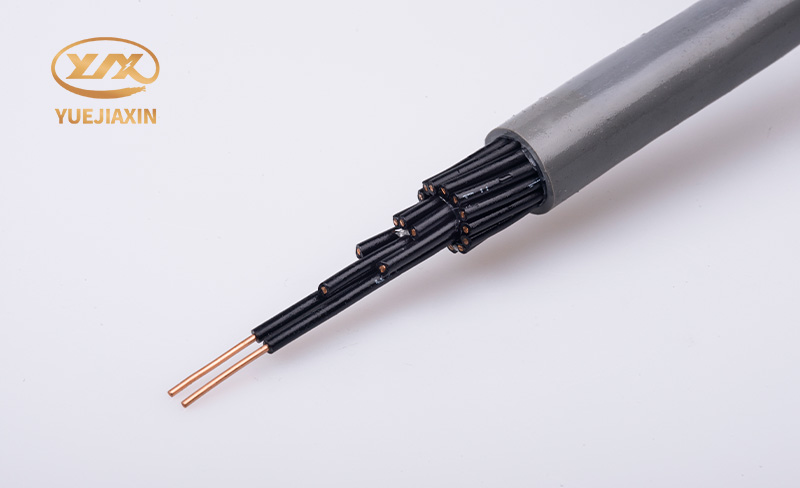
Firstly, from the appearance, the construction of KVVR and KVVP cables is very similar. They are all composed of multiple insulation layers, wires, and sheaths. However, the main difference between these two types of cables lies in their internal wire structure: both KVVR and KVVP cables use copper conductors, KVVR uses multi stranded copper wire conductors, and KVVP uses a single soft round copper wire as the conductor, which means that KVVP cables have better conductivity and oxidation resistance. Therefore, in some application scenarios that require high conductivity, KVVP cables are more common. Secondly, the two types of cables also have slight differences in electrical characteristics. The electrical parameters of KVVR cables are more stable, with lower resistance and inductance, which can provide better signal transmission quality. On the other hand, KVVP cables have better anti-interference ability and are suitable for scenarios with complex environments and susceptibility to external interference. Therefore, in industrial automation systems and mechanical equipment control systems, KVVP cables are often chosen to ensure the stability and reliability of signal transmission.
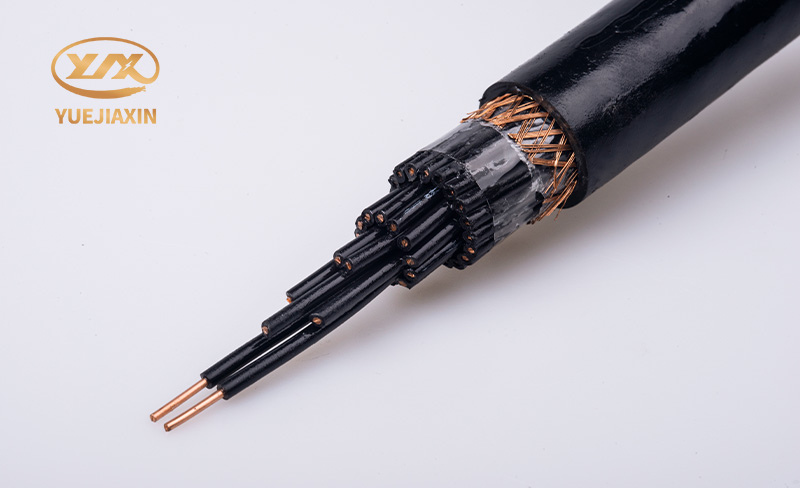
In addition, there are differences in the flame retardant performance between the two types of cables. KVVR cables usually use polyvinyl chloride as the sheath material, which has poor flame retardant performance and is prone to releasing toxic gases in case of fire. KVVP cables can use materials with better flame retardant properties to provide higher safety performance. Therefore, KVVP cables are widely used in environments with high fire safety requirements.
There is also a certain price difference between the two types of cables. Due to differences in conductor materials and electrical performance, KVVP cables are usually more expensive than KVVR cables. Therefore, when selecting cables, it is necessary to comprehensively consider budget and performance requirements, and choose the most suitable model.
- PVC-Insulated Cable
- 450/750V BV Single- Core Cu/PVC Cable
- 450/750V BVR Single- Core Cu/PVC Cable
- 300/500V Or 450/750V RV Single-Core Cu/PVC Flexible Cable
- 300/500V Or 450/750V RVV Multi-Core Cu/PVC/PVC Flexible Black Cable
- 300/500V Or 450/750V RVV Multi-Core Cu/PVC/PVC Flexible White Cable
- 300/500V Or 450/750V RVVP Multi-Core Cu/PVC/CWS/PVC Screened Flexible Cable
- 450/750V KVV Multi-Core Cu/PVC/PVC Control Cable
- 450/750V KVV22 Multi-Core Cu/PVC/STA/PVC Armoured Control Cable
- 450/750V KVVP Multi-Core Cu/PVC/CWS/PVC Screened Control Cable
- 450/750V KVVP2-22 Multi-Core Cu/PVC/CTS/STA/PVC Screened Armoured Control Cable
- 0.6/1KV PVC-Insulated PVC-sheathed Single-Core Power Cable
- 0.6/1KV PVC-Insulated PVC-sheathed Multi-Core Power Cable

